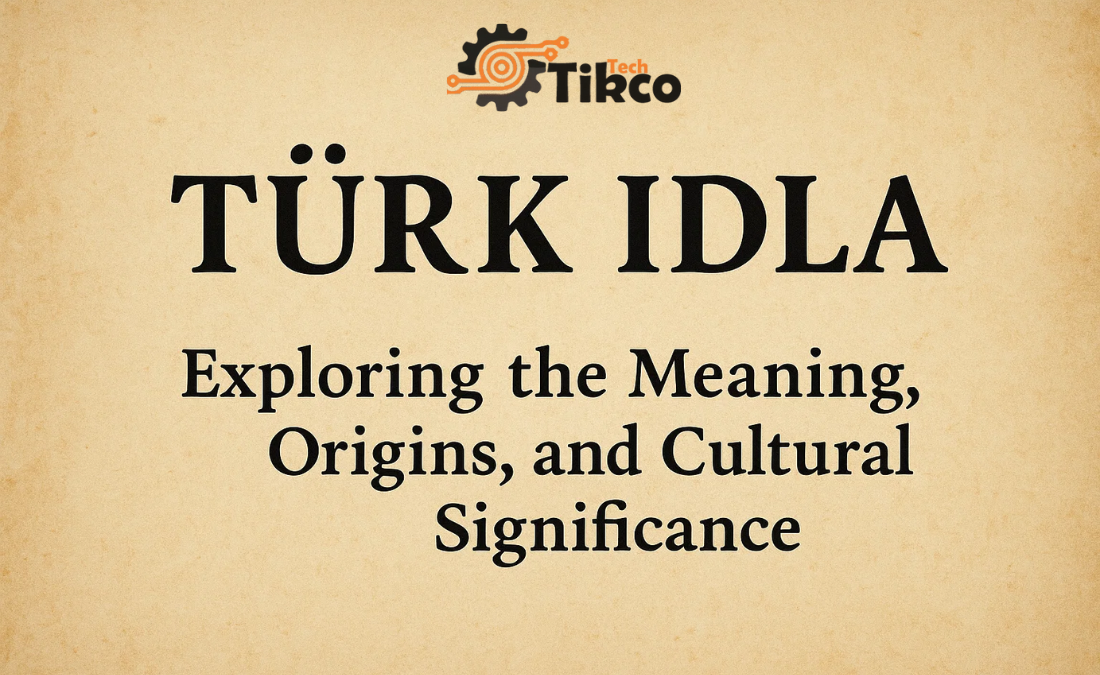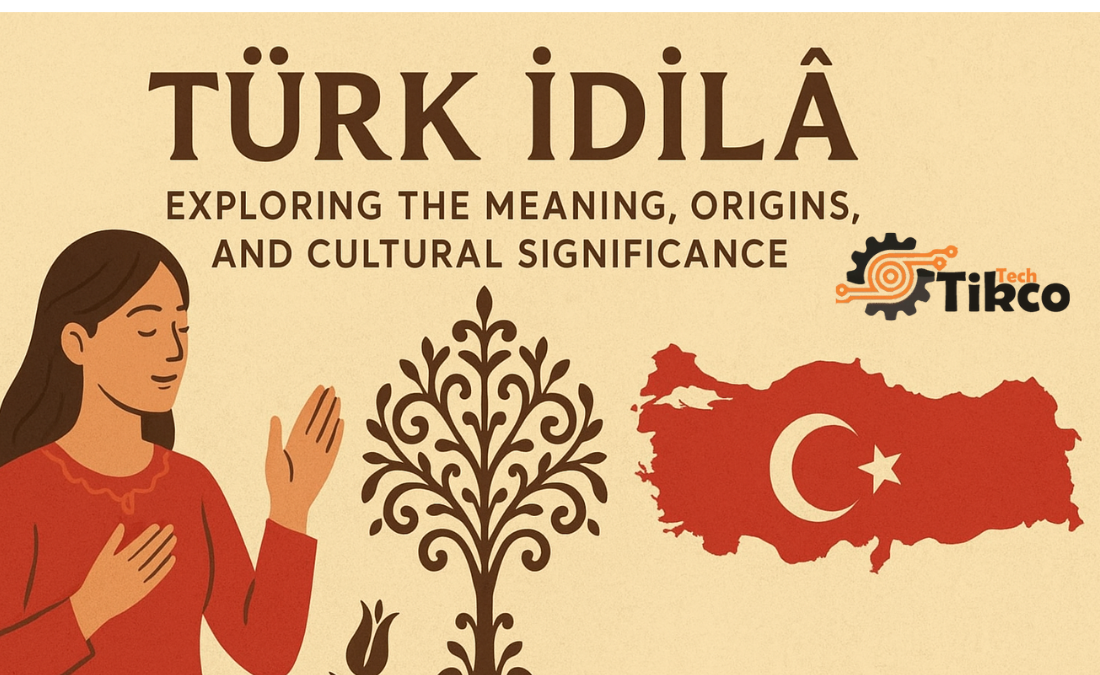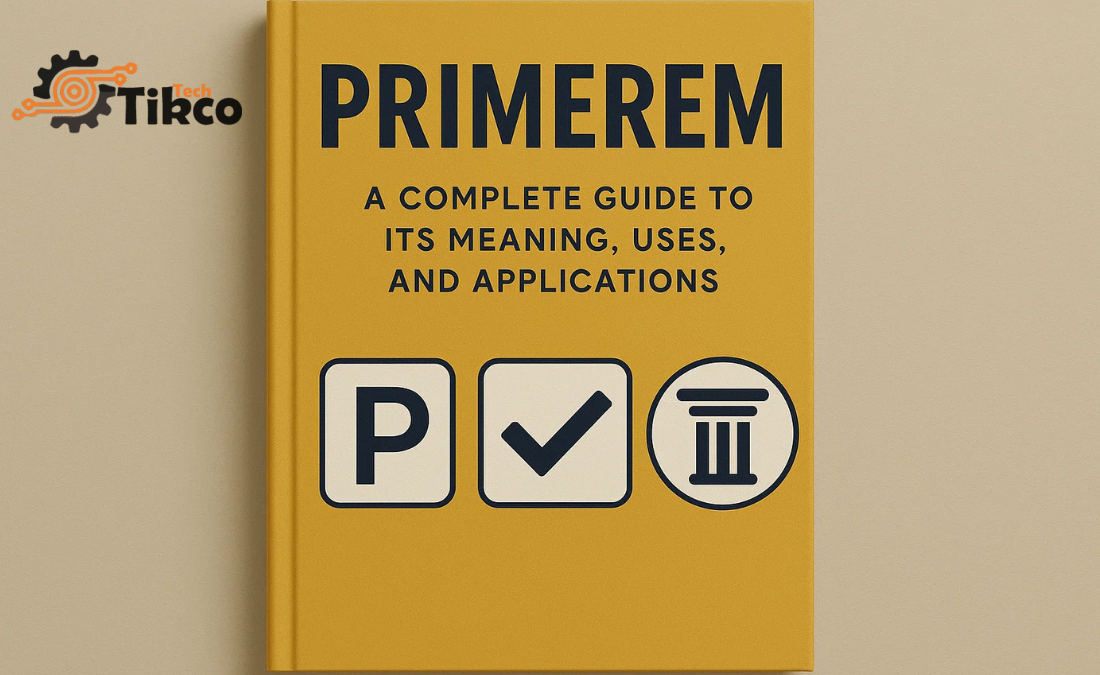Introduction to Türk Idla
The term Türk Idla is a phrase that has recently attracted attention online, sparking curiosity among language enthusiasts, historians, and those interested in Turkish culture. Although its meaning might not be immediately clear to non-Turkish speakers, the phrase carries linguistic and cultural depth. To understand Türk Idla, one must explore its linguistic roots, historical background, and the possible contexts in which it is used today.
This article delves into the origins, evolution, and modern relevance of Türk Idla, providing an in-depth overview of what the term may represent in both traditional and contemporary Turkish culture.
Understanding the Meaning of Türk Idla
The expression Türk Idla can be broken down into two components: “Türk” and “Idla.”
- Türk obviously refers to something related to Turkey or the Turkish people. It can denote nationality, ethnicity, or cultural identity.
- Idla, on the other hand, is not a commonly used modern Turkish word. It appears to be an older, possibly archaic or regional term that could have evolved from older Turkic languages.
When combined, Türk Idla may symbolize a traditional, cultural, or linguistic concept tied to Turkish identity. Linguists suggest that “Idla” might derive from older Turkic roots, possibly relating to customs, beliefs, or rituals practiced by early Turkic tribes.
Historical Background of Türk Idla
To understand Türk Idla fully, it’s essential to look back into the ancient Turkic history. The Turkic peoples originated from Central Asia, particularly from regions that now include Mongolia, Kazakhstan, and parts of Siberia. Their culture, language, and traditions spread westward through migrations and conquests over centuries.
In the Old Turkic language, which dates back to the 8th century Orkhon inscriptions, many words had spiritual and cultural meanings connected to daily life, governance, and religion. It is possible that Idla could be one such term, lost or transformed over time.
Some researchers propose that Türk Idla could refer to an ancient Turkish philosophical or spiritual concept, reflecting harmony, balance, or divine order — similar to how ancient Chinese culture used “Dao” or “Qi” to express life’s guiding forces.
Türk Idla in Turkish Language and Etymology
The Turkish language, part of the Turkic language family, has evolved through multiple stages — Old Turkic, Ottoman Turkish, and Modern Turkish. Over time, many old words disappeared or changed due to influences from Arabic, Persian, and later European languages.
The word “Idla” may trace its roots back to the Old Turkic term “İd”, which referred to a spirit, deity, or supernatural force. In ancient shamanistic beliefs among Turkic tribes, the İd was often associated with nature spirits or ancestors. If this connection is accurate, Türk Idla might translate roughly to “the spirit of the Turk” or “the Turkish essence.”
This interpretation aligns with the historical context of Turkic spirituality, which emphasized reverence for nature, the sky god (Tengri), and the spirits of ancestors.
Türk Idla in Cultural and Spiritual Context
From a cultural perspective, Türk Idla could represent the collective spirit or soul of the Turkish people — a metaphorical phrase denoting unity, resilience, and shared heritage. Turkish culture has long valued community, honor, and loyalty, and such a term might symbolize these virtues.
In spiritual or philosophical terms, Türk Idla might embody the inner strength or guiding principle of Turkish identity — similar to how nations have collective symbols or archetypes representing their essence.
It’s not uncommon for nations to have symbolic expressions that capture their soul or destiny — for example, “Mother Russia,” “Spirit of Japan,” or “American Dream.” Likewise, Türk Idla could be a phrase that encapsulates what it means to be Turkish in spirit, values, and tradition.
Türk Idla in Modern Turkish Society
In modern times, as Turkey continues to balance between tradition and modernization, the idea of Türk Idla may serve as a reminder of cultural continuity. It encourages younger generations to embrace the strength of their heritage while navigating global influences.
The term could also be interpreted in a nationalistic or patriotic sense — emphasizing pride in Turkish identity, history, and accomplishments. Given the growing interest in rediscovering Turkic roots and traditions, Türk Idla might gain renewed significance among scholars, artists, and cultural enthusiasts.
Artists, poets, and writers often draw on historical and spiritual concepts to define national identity. In this way, Türk Idla could emerge as a poetic or philosophical symbol of Turkish pride and resilience.
Linguistic Interpretations of Türk Idla
From a linguistic standpoint, Türk Idla provides an intriguing case for philologists and historians studying the evolution of the Turkic languages. The Turkic linguistic family includes more than 30 languages spoken across a vast geographical area — from Eastern Europe to Siberia.
Possible linguistic interpretations include:
- Türk + İdla: If “İdla” is a derivation of “İd,” it could mean “the essence or spirit of the Turk.”
- Türk + İdalı: If misinterpreted or modernized, it might mean “Turkish ideal” or “Turkish model,” symbolizing excellence or national ideals.
- Türk + Idla (phonetically modernized): It may have transformed over time through regional dialects or poetic usage, taking on metaphorical meanings.
Each interpretation provides a unique way to understand how the term Türk Idla connects to language, culture, and identity.

Türk Idla in Literature and Media
Although the phrase Türk Idla is not widely used in mainstream Turkish media, similar expressions appear in literature, folk songs, and historical texts. Many Turkish writers and poets have celebrated the Turkish spirit, valor, and moral strength through symbolic language.
In modern literature, such a term could easily find its place in poetry, where it might represent themes of cultural pride, national unity, and spiritual strength. Similarly, in historical novels or dramas, Türk Idla could serve as a symbolic expression of ancient traditions that still influence Turkish identity today.
The Philosophical Essence of Türk Idla
On a deeper level, Türk Idla can be interpreted as a philosophical idea — the unbroken thread that ties the Turkish people to their past, nature, and destiny. This perspective aligns with Tengriism, the ancient Turkic belief system that emphasized harmony between humans, nature, and the cosmos.
From this viewpoint, Türk Idla might represent:
- Connection to ancestors – honoring one’s lineage and roots.
- Unity with nature – living in balance with the environment.
- Strength through faith – maintaining resilience through spiritual conviction.
This philosophical interpretation resonates deeply with those who see cultural identity not merely as nationality, but as a living force that shapes moral and emotional values.
Türk Idla in Global Context
As globalization blurs cultural distinctions, the rediscovery of phrases like Türk Idla plays a role in preserving unique identities. Around the world, people are revisiting their ancestral languages and traditions to reconnect with their roots.
For Turkish people and those of Turkic descent living in different parts of the world — such as Central Asia, Europe, or North America — Türk Idla might become a symbol of belonging and pride, reminding them of shared history and cultural values.
Furthermore, such concepts contribute to cross-cultural understanding, showing how linguistic and spiritual expressions evolve but remain powerful symbols of identity.
Conclusion: The Lasting Power of Türk Idla
In conclusion, Türk Idla is more than just a phrase — it represents a bridge between the ancient and the modern Turkish world, linking language, spirit, and identity. Whether viewed as a historical term, a poetic expression, or a spiritual symbol, it captures the essence of what it means to be Turkish in a world that is constantly changing.
From its possible roots in ancient Turkic spirituality to its potential modern meanings in culture and philosophy, Türk Idla serves as a timeless reminder of unity, pride, and cultural depth.
As Turkey continues to evolve and influence the global stage, Türk Idla may yet emerge as a key phrase representing the enduring soul and strength of the Turkish people — their courage, creativity, and connection to heritage.




